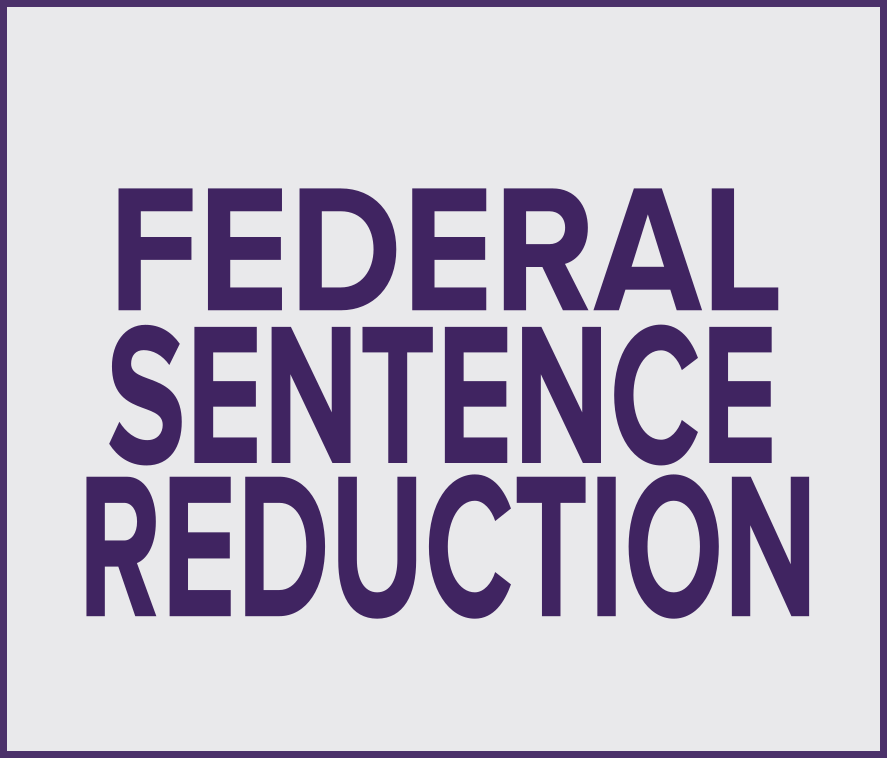Federal Sentence Modification Is Based On The Guideline Range Applied At Most Recent Sentence Modification, Rather Than The Range Applied At Original Sentence.
United States Court of Appeals for the Second Circuit
U.S v Derry
No. 151829
Decided: June 1, 2016
Issue:Whether a defendant who has received a sentence modification is eligible for a further modification when, as a result of a subsequent Guidelines amendment, his revised guideline range is lower than that applied at his original sentencing but not lower than the range applied at his prior sentence modification under 18 U.S.C 3582(b).
Holding: The United States Court of Appeals for the Second Circuit held that when a defendant is serving a term of imprisonment that has been modified pursuant to 3582(c)(2), his sentence is based on the guideline range applied at his most recent sentence modification, rather than the range applied at his original sentencing. Because Derry’s sentence is based on a guideline range that has not been lowered by Amendment 782, he is ineligible for a sentence modification.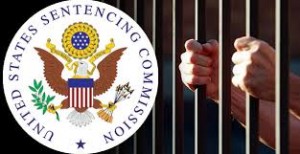
Facts: In 2011, the United States Sentencing Commission promulgated Amendments 750 and 759, which retroactively revised 2D1.1 to reduce the base offense level for crack cocaine offenses. U.S.S.G. Appx C, Vol. III, Amends. 750, 759. In an addendum to the PSR, Probation concluded that Derry was eligible for a sentence modification because the amendments had reduced the base offense level for Group One to 26, resulting in an adjusted offense level of 32. As Groups One, Two, and Three now all had the same offense level, Probation assigned each group one unit per 3D1.4, and, using the highest adjusted offense level of 32 as the starting point, calculated a revised total offense level of 35 and a revised guideline range of 235 to 293 months. The district court (Burns, J.) then sua sponte reduced Derry’s sentence to 293 months. Derry did not seek reconsideration or appellate review of that decision.
In April 2015, Derry moved for a further sentence modification based on Amendments 782 and 788, which retroactively reduced the base offense levels for all drug offenses by two. U.S.S.G. Supp. to Appx C, Amends. 782, 788.Probation submitted another addendum to the PSR, but this time concluded that Derry was ineligible. It reasoned that although the adjusted offense level for Group One had been reduced to 30, the highest adjusted offense level of 32 continued to serve as the starting point and each group continued to receive one unit, leaving Derry’s total offense level at 35 and his guideline range the same as before. On May 27, 2015, the district court (Shea, J.) held that Derry was ineligible for a modification because the guideline range applicable to him had not been lowered as a result of Amendment 782, United States v. Derry, No. 97cr48, 2015 WL 3407924, at *23 (D. Conn.).
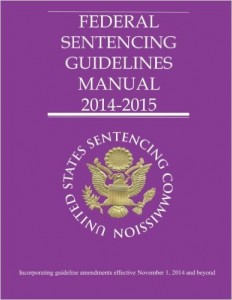 Derry timely appealed. The United States Court of Appeals for the Second Circuit held that they review the district court’s determinations and guidelines de novo and affirmed.
Derry timely appealed. The United States Court of Appeals for the Second Circuit held that they review the district court’s determinations and guidelines de novo and affirmed.
Legal Analysis: The United States Court of Appeals for the Second Circuit states that a federal sentence ordinarily may not be modified once it has been imposed, 18 U.S.C. 3582(b).
An exception to this rule of finality arises when a defendant has been sentenced to a term of imprisonment based on a sentencing range that has subsequently been lowered by a retroactive amendment to the United States Sentencing Guidelines, id. 3582(c)(2), and the guideline range applicable to the defendant has been lowered as a result, U.S.S.G. 1B1.10(a)(1).Under those circumstances, a district court may modify the term of imprisonment based upon the amended guideline range, U.S.S.G. 1B1.10(b)(1).
Here, Defendant originally sentenced in 2009 to a term of 396 months imprisonment based on a guideline range of 360 months to life. In 2011, he received a sentence modification based upon Amendment 750, which lowered the base offense level for his crack cocaine convictions and thereby reduced his guideline range to 235 to 293 months.? In 2015, he sought a second modification based on Amendment 782, which again lowered the base offense level but, because of the Guidelines grouping procedures, yielded the same guideline range as before. The United States District Court for the District of Connecticut (Shea, J.) concluded that Derry was ineligible for a second sentence modification because Amendment 782 did not further reduce his guideline range below that applied at his prior modification.
Derry contends that he is eligible because his amended guideline range is lower than the range applied at his original sentencing, 18 U.S.C. 3582(c)(2).3 ?The Commissions applicable policy statement appears at U.S.S.G. 1B1.10 and provides that a court may modify a sentence in a case in which a defendant is serving a term of imprisonment, and the guideline range applicable to that defendant has subsequently been lowered as a result of an amendment to the Guidelines Manual listed in subsection (d). . A defendant is thus eligible for a modification if he has been sentenced to a term of imprisonment based on a guideline range that has subsequently been lowered by an enumerated, retroactive amendment, and the guideline range applicable to him has been lowered as a result.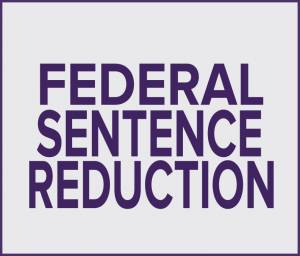
The Court held to determine whether and to what extent a reduction is warranted, a district court must calculate the amended guideline range that would have been applicable to the defendant if the amendment(s) to the guidelines listed in [ 1B1.10(d)] had been in effect at the time the defendant was sentenced. Id. 1B1.10(b)(1). In so doing, the court is directed to substitute only the amendments for the corresponding guideline provisions that were applied when the defendant was sentenced and to leave all other guideline application decisions unaffected.
If the court concludes that the defendant is eligible for a sentence modification based upon the amended guideline range, it should proceed to determine whether, in its discretion, a reduction is warranted in light of the applicable 3553(a) factors and the defendant’s circumstances, including post-sentencing conduct, 18 U.S.C. 3582(c)(2); U.S.S.G. 1B1.10 cmt. n.1(B)(i) (iii); see also Dillon v. United States, 560 U.S. 817, 826 (2010) Thus, 3582(c)(2) does not authorize a plenary sentencing or resentencing proceeding, Dillon, 560 U.S. at 825, but rather empowers district judges to correct sentences that depend on frameworks that later prove unjustified by reducing a sentence in circumstances specified by the Commission, Freeman v. United States, 564 U.S. 522, 526 (2011) (plurality opinion).
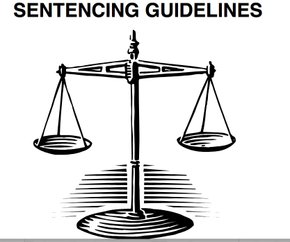 Here, under the Guidelines policy statement, the guideline range applicable to Derry was the range applied at his sentence modification, and that range had not been lowered as a result of Amendment 782 because it remained the same as before. The court thought that this interpretation best accorded with the policy of finality in sentencing: since Derry had already been afforded judicial consideration of whether his sentence should be reduced in light of an amended sentencing range of 235-293 months, allowing him to seek a modification based on the same range would be akin to providing multiple bites at the same apple.
Here, under the Guidelines policy statement, the guideline range applicable to Derry was the range applied at his sentence modification, and that range had not been lowered as a result of Amendment 782 because it remained the same as before. The court thought that this interpretation best accorded with the policy of finality in sentencing: since Derry had already been afforded judicial consideration of whether his sentence should be reduced in light of an amended sentencing range of 235-293 months, allowing him to seek a modification based on the same range would be akin to providing multiple bites at the same apple.
The focal point of 3582 is not the moment at which the defendant was sentenced, nor is it the Rule 32 sentencing. Indeed, the latter term does not even appear in the statute; the sole references to sentencing occur in the contexts of the Sentencing Commission and the sentencing range.See 18 U.S.C. 3582(a), (c)(1)(A), (c)(2).The operative term, rather, is the term of imprisonment or sentence that the defendant is serving. The Court held that they think this is apparent from the text and structure of the statute.
Imposition Of A Sentence Of Imprisonment
Section 3582 is titled Imposition of a sentence of imprisonment. Subsection (a) outlines the factors to be considered by the district court in deciding whether to impose a term of imprisonment in the first instance and, if so, in setting the terms length Subsection (b) provides that a sentence to imprisonment may be appealed, modified, or corrected only in limited circumstances.??And subsection (c), titled Modification of an imposed term of imprisonment, provides that the court may not modify a term of imprisonment once it has been imposed except, inter alia, when a defendant has been sentenced to a term of imprisonment based on a sentencing range that has subsequently been lowered.Section 3582 thus sets forth the circumstances in which a district court should impose a term of imprisonment on a defendant and when that term may be revised. Accordingly, the relevant inquiry under 3582(c)(2) is not when the formal process of sentencing occurred, but what term of imprisonment the defendant is serving and what guideline range serves as the basis for that sentence.
imposed except, inter alia, when a defendant has been sentenced to a term of imprisonment based on a sentencing range that has subsequently been lowered.Section 3582 thus sets forth the circumstances in which a district court should impose a term of imprisonment on a defendant and when that term may be revised. Accordingly, the relevant inquiry under 3582(c)(2) is not when the formal process of sentencing occurred, but what term of imprisonment the defendant is serving and what guideline range serves as the basis for that sentence.
When a district court modifies a term of imprisonment pursuant to 3582(c)(2), it replaces the previous term of imprisonment with a new one based on the amended guideline range, and amends the judgment to reflect the sentence that comes into effect, 18 U.S.C. 3582(b)(c).
When a defendant is serving a sentence based on a guideline range that has not been further reduced by an amendment, he is not disadvantaged because the marginal effect of the since rejected guideline range on his sentence is nonexistent. The United States Court of Appeals for the Second Circuit held that, under section 3582, a defendant’s sentence is based on the guidelines range for the sentence he is currently serving, not the guidelines range used in his original sentencing; United States v. Wormley, 471 F. Appx 837, 838 (10th Cir. 2012).
In sum, we hold that a defendant who has received a sentence modification is serving a term of imprisonment that is based on the guideline range applied at his most recent sentence modification. Here, Derry’s sentence is based on the guideline range of 235 to 293 months that was applied at his 2011 sentence modification, and that range has not subsequently been lowered by Amendment 782.
Accordingly, Derry is ineligible for a sentence modification and the decision of the district court is affirmed.
